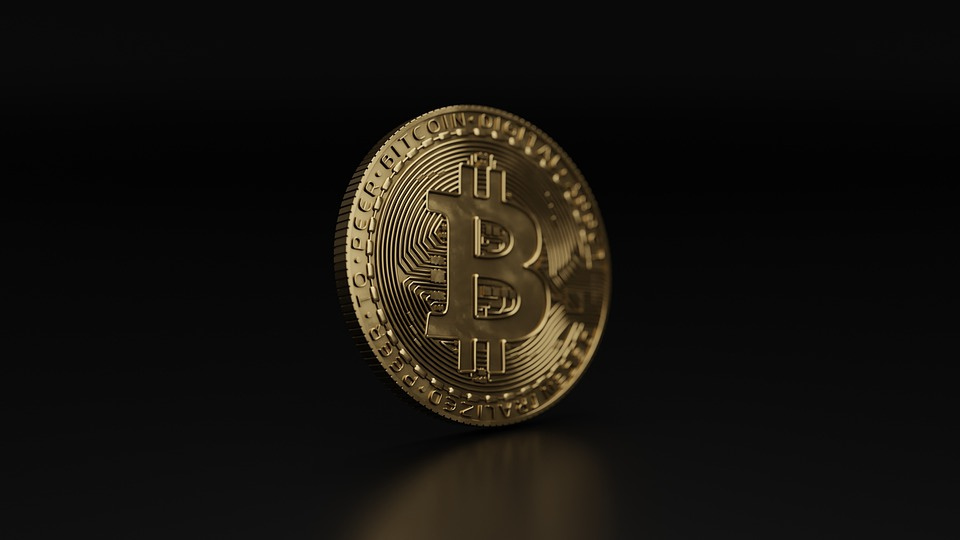Bitcoin vs. Altcoins: A Comparison of the Top Cryptocurrencies
The world of cryptocurrencies has grown exponentially in recent years, with the rise of altcoins, or alternative cryptocurrencies, gaining immense popularity. With over 4,000 altcoins in existence today, the market is flooded with new and innovative projects. However, in the midst of all this chaos, Bitcoin remains the most well-known and widely used cryptocurrency. In this article, we’ll delve into the world of Bitcoin and its competitors, exploring the key differences and similarities between the top cryptocurrencies.
What is Bitcoin?
Launched in 2009 by an individual or group of individuals using the pseudonym Satoshi Nakamoto, Bitcoin is the first and most well-known cryptocurrency. It operates on a decentralized blockchain network, where transactions are recorded and verified through a process called mining. The peer-to-peer network ensures that transactions are secure, transparent, and tamper-proof.
What are Altcoins?
The term "altcoin" was coined to describe alternative cryptocurrencies that emerged after the launch of Bitcoin. These coins share similarities with Bitcoin, but with distinct differences. Altcoins are often created to improve upon Bitcoin’s limitations, such as its slow transaction times or limited scalability. Some altcoins focus on specific use cases, such as smart contracts, gaming, or supply chain management.
Top Altcoins
Some of the most popular altcoins include:
- Ethereum (ETH): Founded in 2015, Ethereum is the second-largest cryptocurrency by market capitalization. It’s built on a smart contract platform, allowing for the creation of decentralized applications (dApps) and initial coin offerings (ICOs).
- Ripple (XRP): Launched in 2012, Ripple is known for its fast transaction speeds and low fees. It’s primarily used for cross-border payments and has partnerships with major financial institutions.
- Litecoin (LTC): Founded in 2011, Litecoin is often referred to as "Silver to Bitcoin’s Gold." It’s similar to Bitcoin, but with faster block times and a higher maximum supply.
- Cardano (ADA): Founded in 2017, Cardano is a proof-of-stake (PoS) cryptocurrency that focuses on being more scalable and secure than its predecessors.
- Stellar (XLM): Launched in 2014, Stellar is known for its fast transaction times and low fees. It’s primarily used for cross-border payments and has partnerships with major financial institutions.
Key Differences Between Bitcoin and Altcoins
- Proof-of-Work (PoW) vs. Proof-of-Stake (PoS): Bitcoin uses PoW, where miners compete to solve complex mathematical problems to validate transactions. Altcoins like Cardano and Stellar use PoS, where validators are chosen to validate transactions based on the amount of tokens they hold.
- Block Time: Bitcoin’s block time is around 10 minutes, while altcoins like Bitcoin Cash (BCH) and Litecoin (LTC) have faster block times, ranging from 2.5 minutes to 2.5 hours.
- Supply and Distribution: Bitcoin has a limited supply of 21 million, while altcoins often have a much larger supply. Ethereum, for example, has a maximum supply of 100 million Ether (ETH).
- Smart Contracts: Altcoins like Ethereum and Tron (TRX) have the capability to run smart contracts, allowing for the creation of decentralized applications (dApps).
- Partnerships: Altcoins have established partnerships with major financial institutions and companies, such as Ripple’s partnerships with banks and payment processors.
Conclusion
In conclusion, while Bitcoin is the pioneer of cryptocurrencies, altcoins have brought innovation and competition to the market. Each altcoin has its unique features, advantages, and use cases, making the cryptocurrency landscape more diverse and exciting.
As the market continues to evolve, investors and users must stay informed about the latest developments and trends. By understanding the differences between Bitcoin and altcoins, you can make more informed decisions about which cryptocurrency to invest in or use for transactions.
Frequently Asked Questions (FAQs)
Q: What is the difference between Bitcoin and altcoins?
A: The primary difference is the use of proof-of-work (PoW) in Bitcoin, while many altcoins use proof-of-stake (PoS).
Q: Is Bitcoin more secure than altcoins?
A: Bitcoin’s decentralized network and secure transaction ledger make it more secure than some altcoins. However, some altcoins, like Cardano, have implemented more advanced security features.
Q: Can I use altcoins for everyday transactions?
A: While some altcoins, like Ripple, have partnered with major financial institutions for cross-border payments, altcoins are still not as widely accepted as Bitcoin. However, some merchants and services are starting to accept altcoins.
Q: Is it better to invest in Bitcoin or altcoins?
A: This is a personal decision, and it’s essential to research and understand each cryptocurrency’s market trends, use cases, and potential. It’s also crucial to diversify your portfolio by investing in a mix of different cryptocurrencies.
Q: Can I mine altcoins?
A: Yes, some altcoins, like Litecoin, can be mined using a compatible mining software and hardware. However, mining altcoins often requires more processing power and computational resources compared to Bitcoin.
Q: Are altcoins safe to use?
A: Like Bitcoin, altcoins have their own set of risks and potential vulnerabilities. It’s essential to research the cryptocurrency’s security features, conduct thorough due diligence, and use a reputable wallet or exchange to store and trade your coins.

Leave a Reply